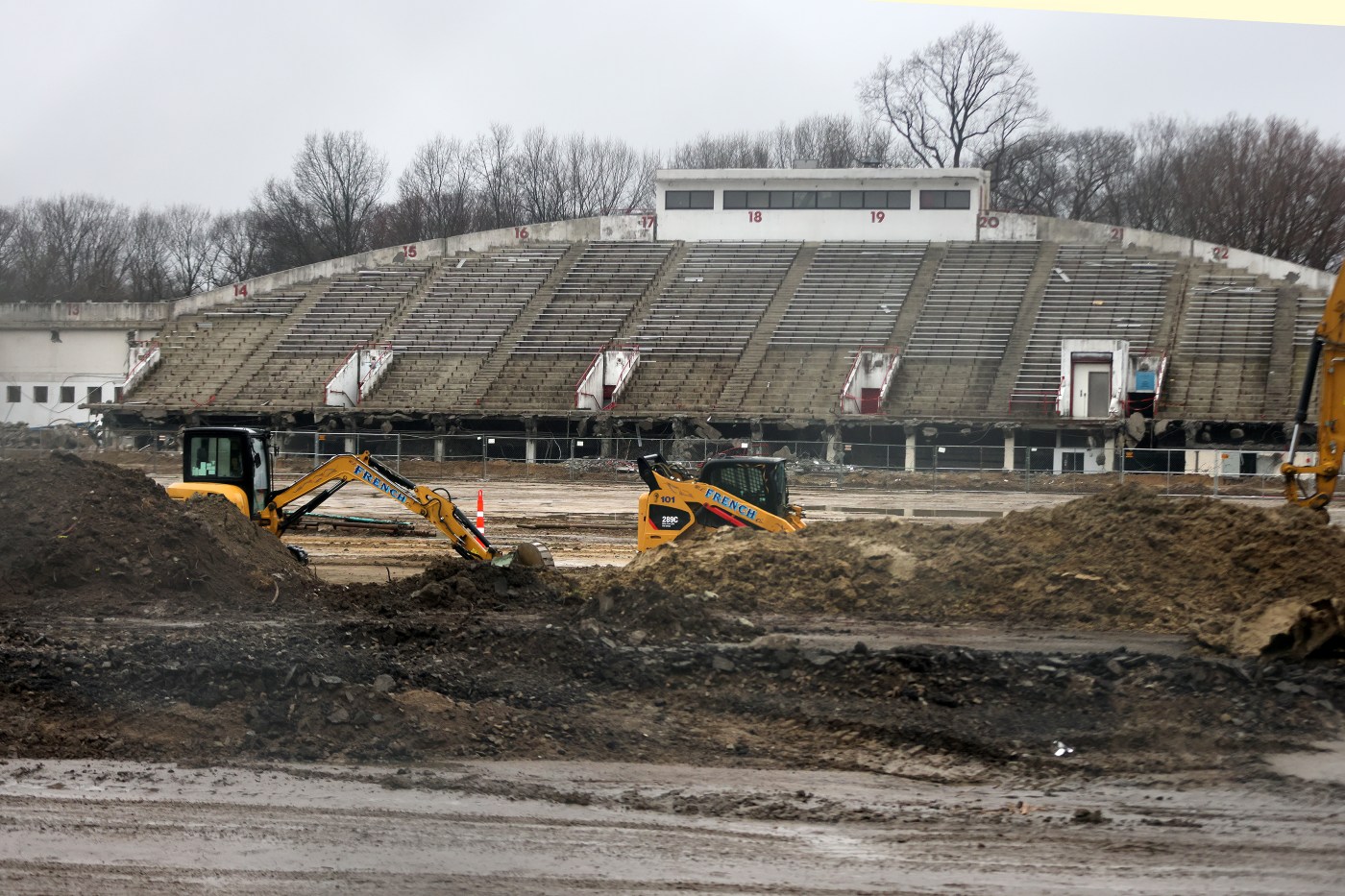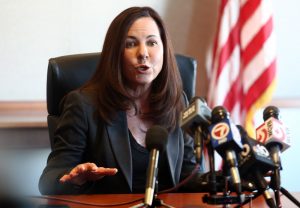
Gaskin: White Stadium’s potential economic impact
While the debate around White Stadium rightly focuses on education, environment, and neighborhood concerns, economic development seems noticeably absent.
Where is the economic model that analyzes short and long-term jobs, direct and indirect expenditures, donations, in-kind contributions, hotel stays, restaurant, shopping, tourism spend, sales, payroll and corporate income tax? What’s the ROI on this $200 million project? Where is the scenario planning in terms of high, medium and low investment?
Perhaps the City should be spending more to help businesses in Grove Hall and Egleston Square with remodeling and upgrades to attract more dollars from the 10,000 attendees or help them become destinations like Chinatown or the North End. Where is the Mayor’s Office of Economic Opportunity and Inclusion, which includes business strategy, small business and travel and tourism, making the economic argument? Why hasn’t the State Office of Travel and Tourism or Meet Boston been more publicly supportive? Boston Unity Soccer Partners (BUSP) is rightly focused on building the team and renovating White Stadium, but who is doing the urban planning? There seems to be a lack of planning and intentionality on how to maximize this opportunity while protecting student interests and the environment.
I received a call two years ago from Segun Idowu, Chief of Economic Opportunity and Inclusion. He asked me to meet with BUSP and let him know my thoughts. I was underwhelmed with BUSP’s presentation on community benefits, and I told them so, primarily because they didn’t offer that much, didn’t say anything about Leadership in Energy and Environmental Design, zero waste principles, and didn’t appreciate the difficulty of achieving Minority and Women-Owned Business Enterprise goals. Until recently, the City of Boston only spent .4% of its discretionary budget with Black businesses. The Big Dig was an example of ambitious goals not materializing. Not only did the $21.5 billion Big Dig fail to produce new Black millionaires, but it ultimately resulted in the city having fewer Black construction firms than it started with.
Adopting the “Massport Model” sounds appealing, but achieving such goals often means losing friends and the well-connected who want contracts or battling with unions. Mayor Michelle Wu and BUSP announced a commitment to 50% MWBE procurement, which is a small step. Small because nearly every development project in the city makes bold statements. The problem is, there are no consequences for not meeting the goals, and those stated goals are rarely, if ever, achieved. How about requiring a bond that has a cash payout if the goal is not reached?
The community benefits package has improved considerably since February of 2023. Now it includes a $400,000 yearly lease payment, which will increase by 3% per year, a $500,000 annual community fund dedicated to neighborhood programs, 10% of in-stadium advertising revenue, 3% of concession revenue, ongoing maintenance and operations worth approximately $2 million per year, funding to cover half of new tree plantings (more than 500 trees), and a $1 per ticket to surcharge fund the Franklin Park Action Plan (FPAP).
No one I know believes the proposed parking plan will work, and I believed Franklin Park should have had a parking plan before White Stadium. However, if the Patriots privately financed stadium could get $12 million from the state, couldn’t Franklin Park get money to develop a parking solution and infrastructure? Not all details of a project this size have been worked out. The question is, do we believe the BUSP owners are operating in good faith and are partners we can work with to develop viable solutions to ongoing problems? I believe so.
Economic opportunities associated with a $200 million project rarely come to our area. For critics of this initiative, I would ask, what proposals do they have to inject a similar amount of capital into our community? I recall Robert Kraft telling me Gillette Stadium created between 2,000 and 3,000 jobs at Patriot Place. How can we ensure White Stadium generates an economic impact like TD Garden or Fenway Park does for the community?
Making the most of this opportunity should not be left to a community relations or DEI person, but a director like Imari Jeffries, president and CEO of Embrace Boston. The stadium and its new amenities, and “The Grove” have significant potential if programmed creatively and with intention. It could be a vibrant weekend marketplace — akin to Harlem’s Malcolm Shabazz Market, Chicago’s Maxwell Street Market, Miami’s Flea Market USA, or Boston’s own SOWA market — providing essential startup or expansion opportunities for Black and brown entrepreneurs, supported by game-day foot traffic and year-round events. Local food businesses could extend their presence through food trucks and kiosks.
The Grove could complement existing programming events such as the annual Kite & Bike Festival, BAMS Festival, and Juneteenth celebrations, and new programming. This area should have regular feasts and festivals e.g. Haitian, Dominican, like the North End, that reflects the diversity of the city. Concessions at White Stadium could be run by Sodexo, Commonwealth Kitchen or the Boston’s Black hospitality Coalition. It makes a difference in terms of economics and customer experience.
An intentional economic strategy, designed to create Black and brown wealth is urgently needed — one that ensures community-driven, measurable, and accountable benefits are achieved. Roxbury Community College’s Reggie Lewis Center attracts teams and spectators but offers minimal economic benefit to surrounding businesses. Franklin Park already receives over a million annual visitors, few of whom directly benefit the local economy. Visitors drive from Brookline to golf at Franklin Park and leave without ever visiting local businesses before or after. The same for families that travel to the Zoo from New Hampshire or Maine and depart without spending locally. We need to start the urban and strategic planning now and model the economic impact under different scenarios to make sure we are maximizing the opportunity for all stakeholders.
Ed Gaskin is Executive Director of Greater Grove Hall Main Streets and founder of Sunday Celebrations

